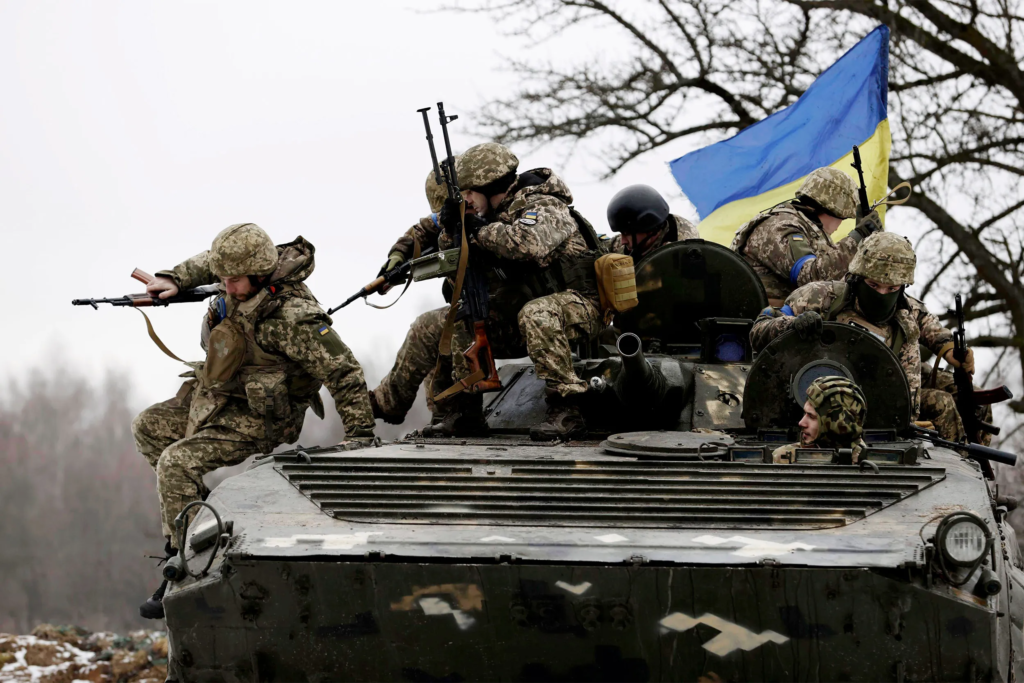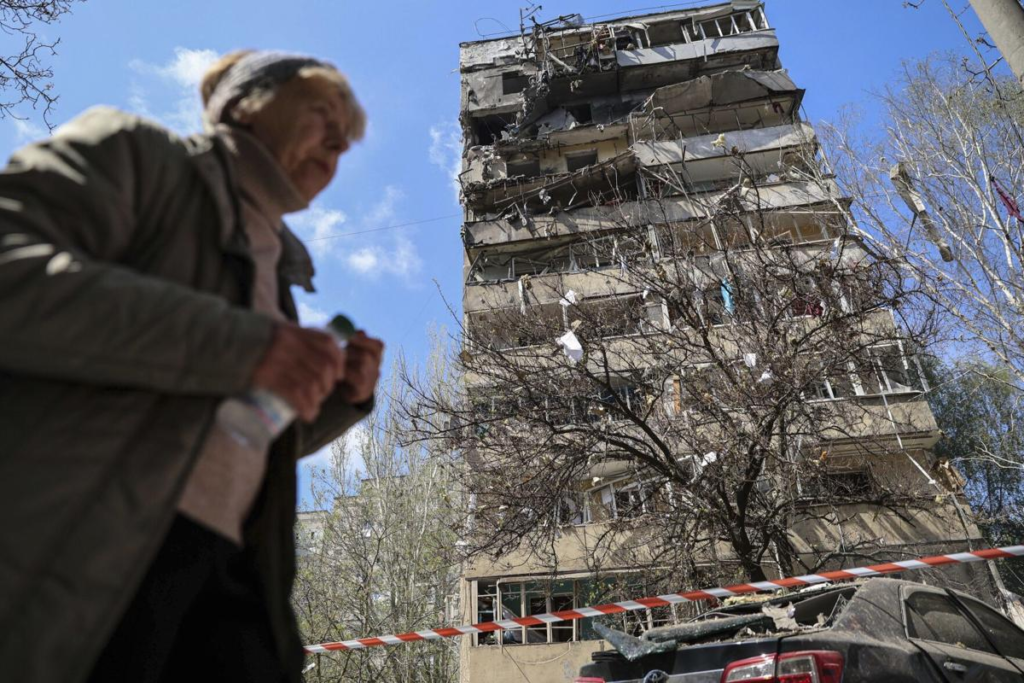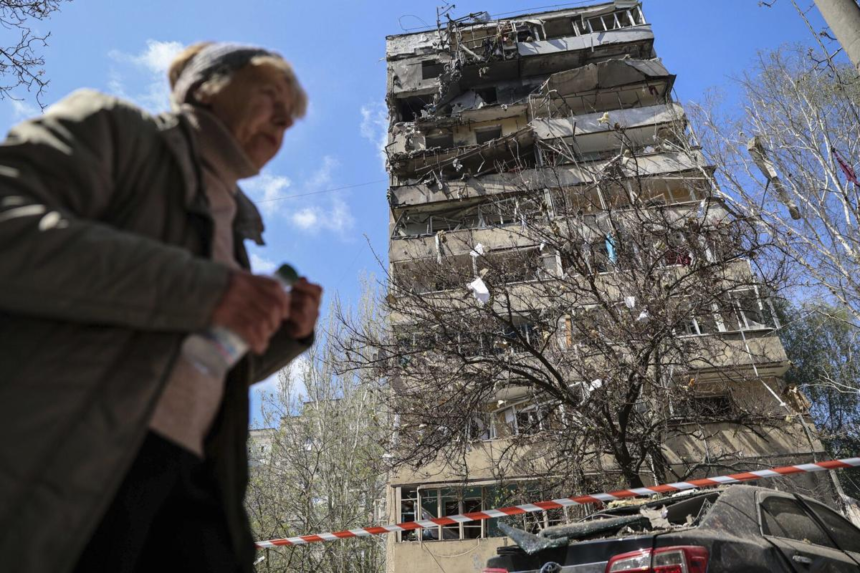
Kyiv’s mayor signals openness to territorial compromise—sparking major debate
KYIV, UKRAINE: In a politically charged statement, Kyiv’s mayor, Vitali Klitschko, told the BBC that Ukraine may have to give up land “temporarily” as part of a peace deal with Russia, sparking fresh debate over the future of occupied territories.
The remarks come amid growing pressure from US President Donald Trump and other Western actors for Ukraine to consider territorial concessions in exchange for a ceasefire—an idea Ukrainian President Volodymyr Zelensky has repeatedly rejected.
What Did Klitschko Say?
Klitschko, a longtime critic of Zelensky and a powerful political figure in his own right, described territorial compromise as a “temporary solution” to stop the bloodshed and open a pathway to future recovery. He did not specify which territories he was referring to—whether Crimea, Donbas, or newly occupied regions like Zaporizhzhia and Kherson.
His statement reflects a growing rift in Ukraine’s political elite, as the war with Russia enters its third year with no clear end in sight and military aid from allies slowing.
Trump’s Influence and Washington’s Shift
President Trump has reportedly urged Zelensky behind closed doors to consider a ceasefire that could involve freezing front lines or granting Russia control over some occupied areas.
While current US policy still supports Ukraine’s territorial integrity, Trump’s influence and the Republican-led shift in Congress may be pushing Ukraine toward accepting a painful compromise—at least temporarily.
What Would a “Temporary” Concession Look Like?
Klitschko’s use of the word “temporary” is ambiguous. It could refer to a de facto recognition of Russian control—similar to how many countries tacitly acknowledge Russia’s hold on Crimea since 2014 without legally ceding the territory.
Another possibility is a “frozen conflict” model like that seen in Transnistria (Moldova) or South Ossetia (Georgia), where disputed regions are occupied and governed by pro-Russian authorities but remain unrecognized internationally.
Risks of Concession
- Domestic backlash: A land deal could fracture Ukraine’s political unity and demoralize its citizens and armed forces.
- International precedent: It may encourage other powers—such as China in Taiwan—to use force to revise borders.
- Russian gains: Concessions might be seen as a victory for Moscow, emboldening future aggression.
Arguments in Favor
- Lives saved: Halting the war could stop the immense human toll on both sides.
- Economic recovery: Ukraine could begin rebuilding infrastructure and resettle displaced citizens.
- Strategic pause: A temporary peace might allow Ukraine to regroup militarily and diplomatically.
Zelensky’s Stance Remains Firm
President Zelensky has remained consistent in rejecting any territorial concessions, stating that “Ukraine will not trade its land for peace.” The official government position is that all occupied territories must be returned, including Crimea and parts of Donbas.
Nonetheless, as war fatigue grows, especially in the US and Europe, Ukraine may face mounting pressure to reconsider that red line.
What’s Next?
Much will depend on the outcomes of the upcoming US election, the EU’s willingness to sustain aid, and battlefield developments through 2025. If Ukraine can mount a successful counteroffensive or disrupt Russian logistics, the idea of ceding territory may fade. But if military stalemate continues, calls for compromise—temporary or not—will likely grow louder.
Categories: Geopolitics, Conflict & Peace, Eastern Europe, Diplomacy
Tags: Ukraine, Russia, Vitali Klitschko, Volodymyr Zelensky, Territorial Concessions, Trump, Peace Deal, Crimea, Donbas, NATO










